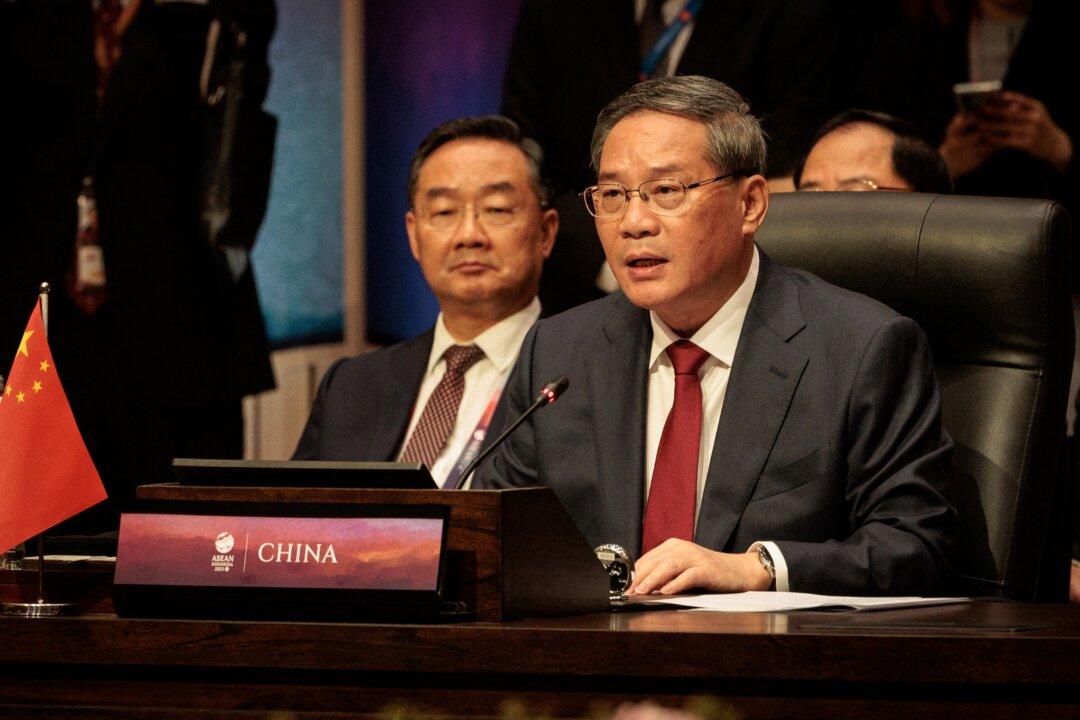Chinese Communist Party (CCP) officials met with the representatives of Thailand-China elite leadership training course in Beijing, praising their importance in strengthening China-Thai bilateral relations. An expert warns that the so-called training course, which targets ASEAN nations, has the purpose of infiltrating and controlling the nations.
On Nov. 23, Shi Taifeng, head of the United Front Work Department of the CCP Central Committee, and Wan Lijun, Chairman of the Overseas Chinese Federation, welcomed the representatives from the Thailand-China New Era Leadership Training Course, according to Chinese state media reports.




